The Pentagon is staying mum on why combat assets were not immediately sent to Benghazi, Libya, to aid the U.S. Consulate under attack by militants for hours on Sept. 11.
A spokesman said the Defense Department is cooperating with the State Department’s review by a blue-ribbon accountability panel.
From the moment at 9:40 p.m. local time (4:40 p.m. EDT) terrorists invaded and set fire to the four-building compound in Benghazi, messages were sent from Libya to the Obama administration describing the all-out assault.
The State Department later provided the House Oversight and Government Reform Committee a chronology of events during a hearing earlier this month.
The timeline did not include the arrival of any U.S. military combat units at the consulate to try to repel the attack or rescue survivors during the seven-hour assault.
The U.S. maintains a NATO naval air station at Sigonella, Sicily, about 480 miles across the Mediterranean from Benghazi. It is a logistics and communications hub, but at times has hosted Navy SEALs and jet fighters.
There are also special operations forces designated for North Africa.
Any military operations in Libya come under the control of U.S. Africa Command, headquartered in Stuttgart, Germany. Within the command is Special Operations Command-Africa. The Pentagon assigns the 10th Special Forces Group to Africa. Such groups typically include a “commander in-extremis force,” which can be dispatched in an emergency, such as the Benghazi attack.
A Pentagon spokesman declined to comment on whether any combat unit was considered for insertion into Benghazi.
“As for what forces we may have considered for use, we can’t get into those details,” the spokesman told The Washington Times.
“The Department of State is conducting a review of the attacks and the response to them. The DoD is supporting that review, and it would be inappropriate for us at this point to discuss the specific lay-down of forces while that review is ongoing,” the spokesman said.
A defense source said it is possible that Africa Command had no combat forces close enough to aid Americans at the consulate during the attack’s duration.
Charlene Lamb, who heads international programs for the State Department’s Bureau of Diplomatic Security, told the House committee how her personnel had tried to protect the consulate.
Five State Department security officers were at the consulate, plus three members of the Libyan 17th February Brigade, who had a barracks there.
The small, combined force proved wholly inadequate to stop invaders who set fire to each building.
By 11 p.m., more brigade members arrived, but the situation remained chaotic, and they returned to their nearby annex. U.S. Ambassador to Libya J. Christopher Stevens could not be found.
The next morning, more security officers arrived from the U.S. Embassy in Tripoli. They then came under mortar fire. Libyan security forces arrived to organize a quick retreat in armored cars to the airport.
Stevens, another State Department official, and two former Navy SEALs died during the eight hours of attacks.
Special operations had maintained a unit at the embassy in Tripoli in the form of a site security team. But the State Department withdrew it a month before the Benghazi attack, despite the protests of its leader, Army Lt. Col. Andrew Wood.
Bing West, a former assistant secretary of defense in the Reagan administration, asked in a National Review article: Where was the U.S. military?
“Fighter jets could have been at Benghazi in an hour; the commandos inside three hours,” he wrote. “If the attackers were a mob, as the CIA wrongly speculated, then an F-18 in afterburner, roaring like a lion, would unnerve them. This procedure was applied often in the Iraq and Afghanistan wars. Conversely, if the attackers were terrorists, then the U.S. commandos would eliminate them. But no forces were dispatched from Sigonella.
“For our top leadership, with all the technological and military tools at their disposal, to have done nothing for seven hours was a joint civilian and military failure of initiative and nerve,” Mr. West wrote.
• Rowan Scarborough can be reached at rscarborough@washingtontimes.com.



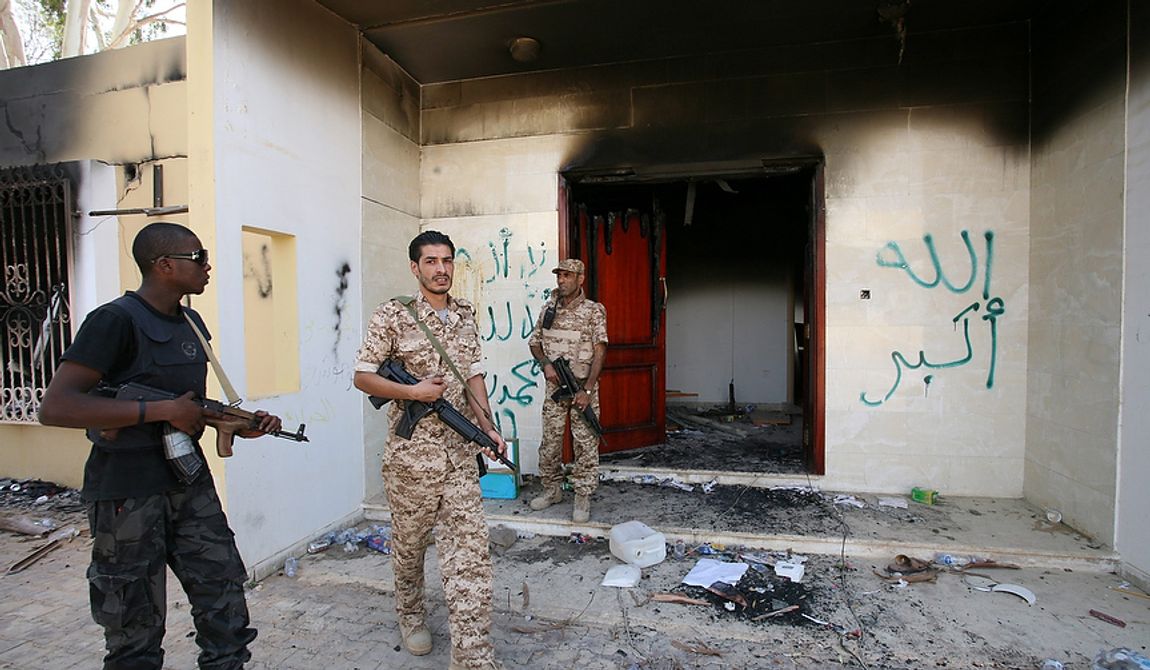
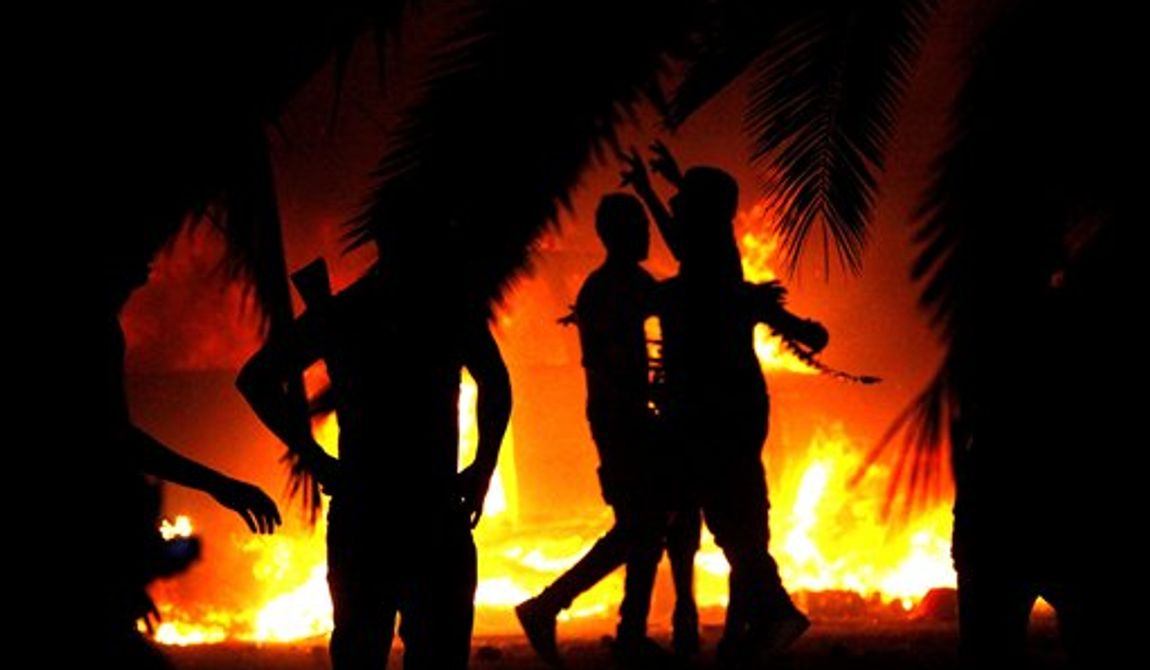
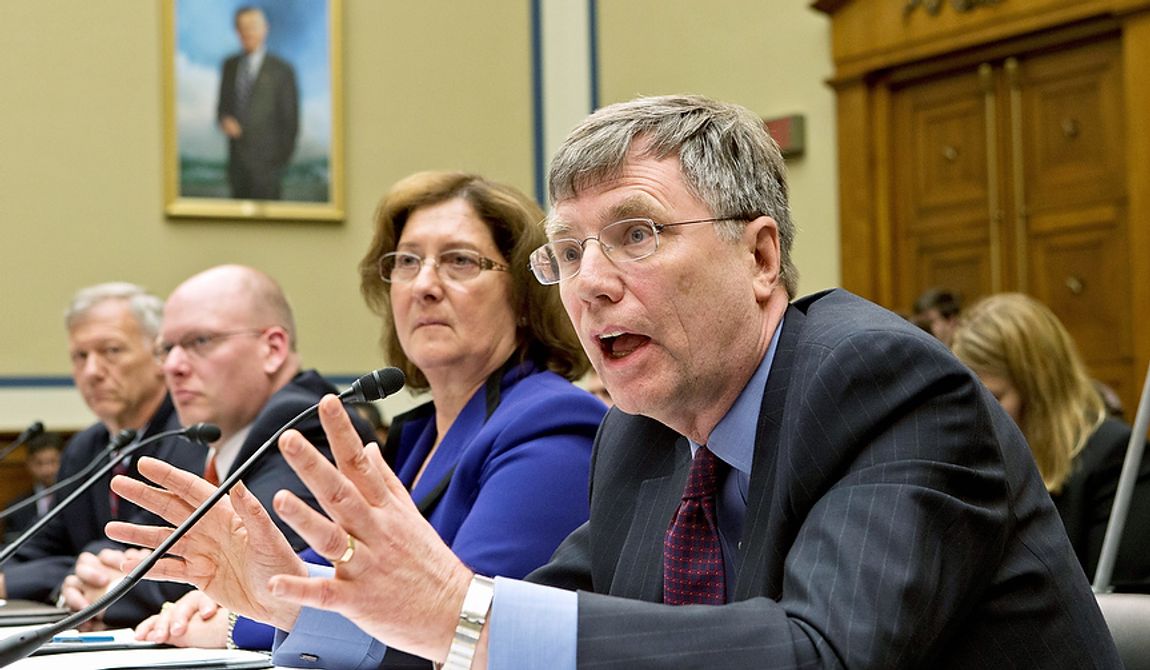
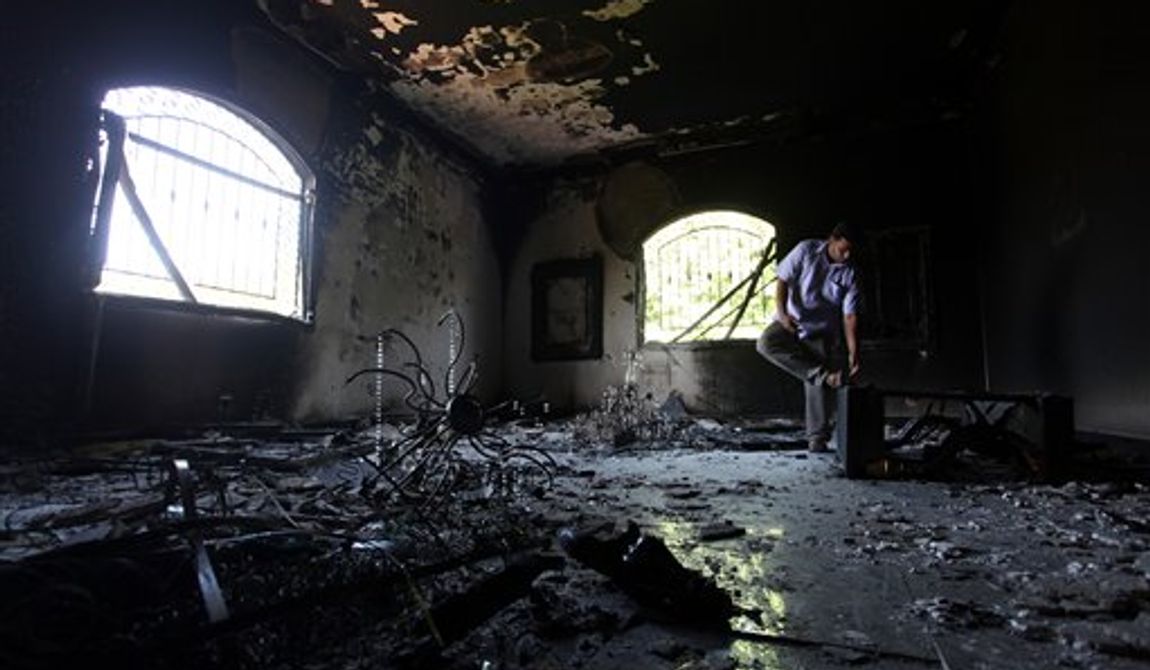
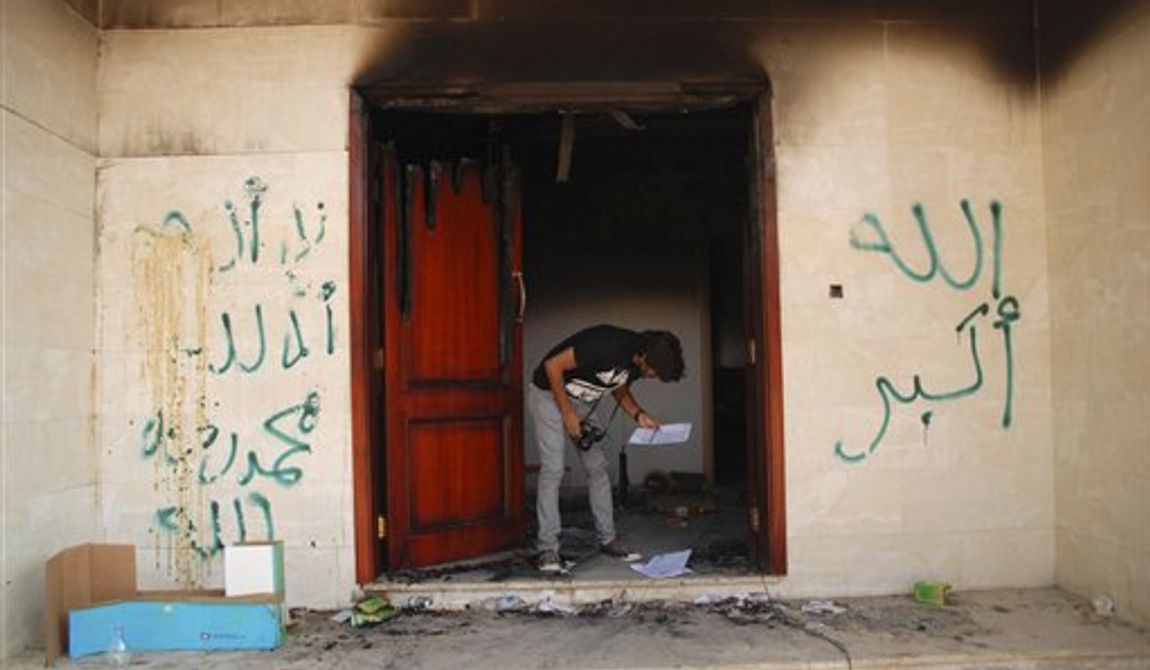
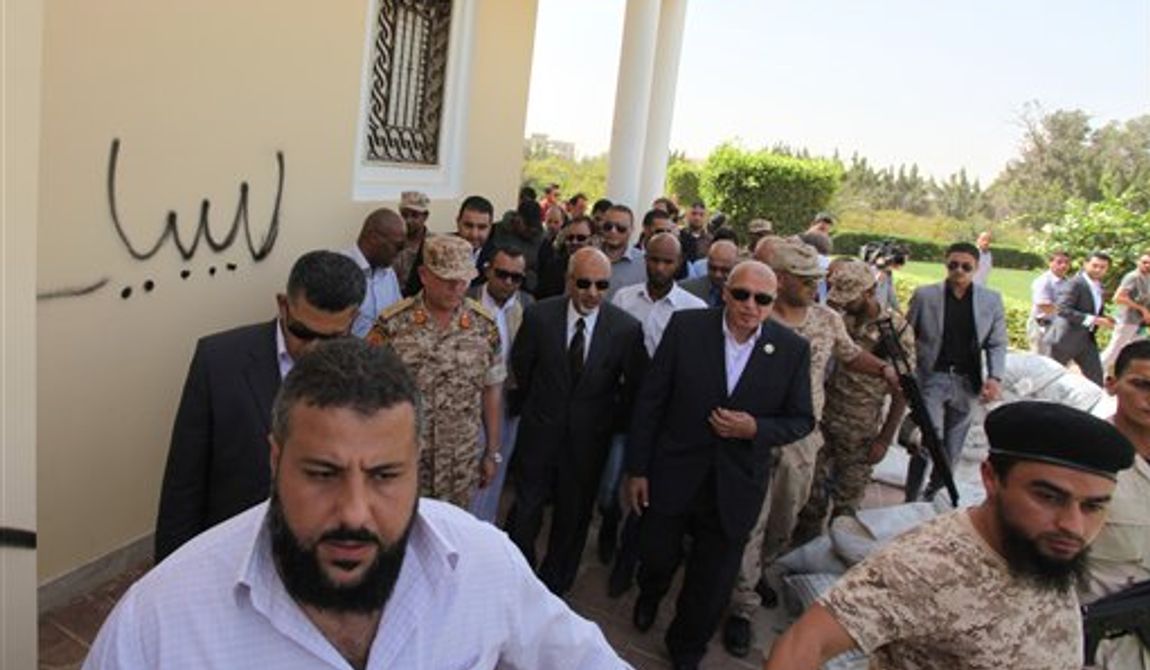
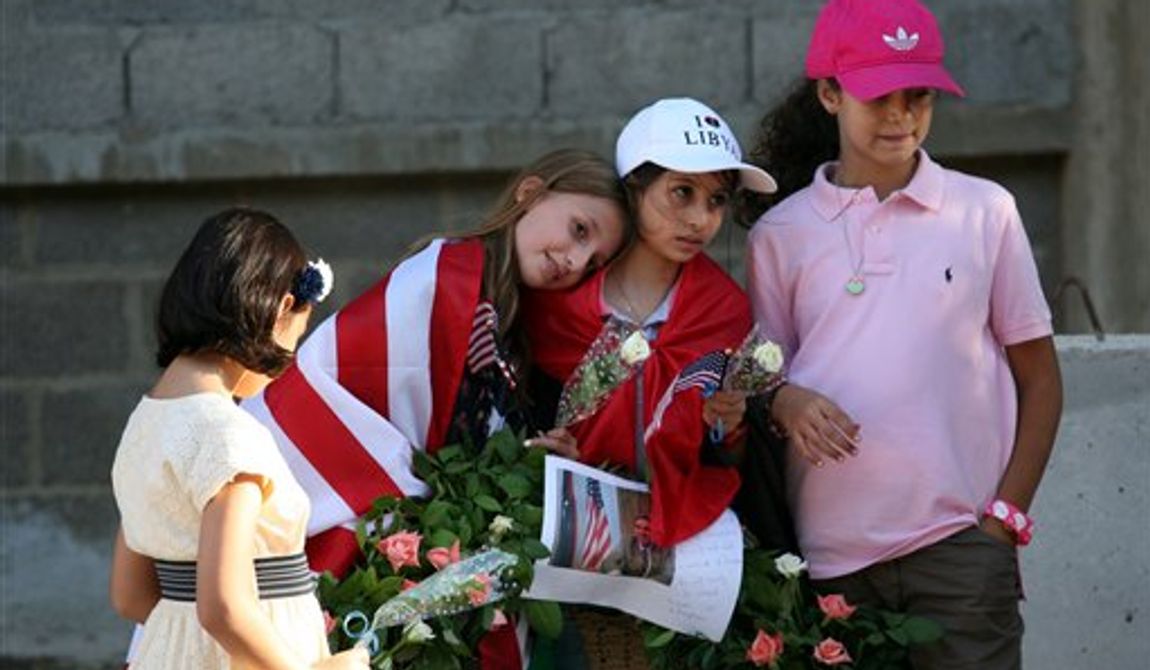
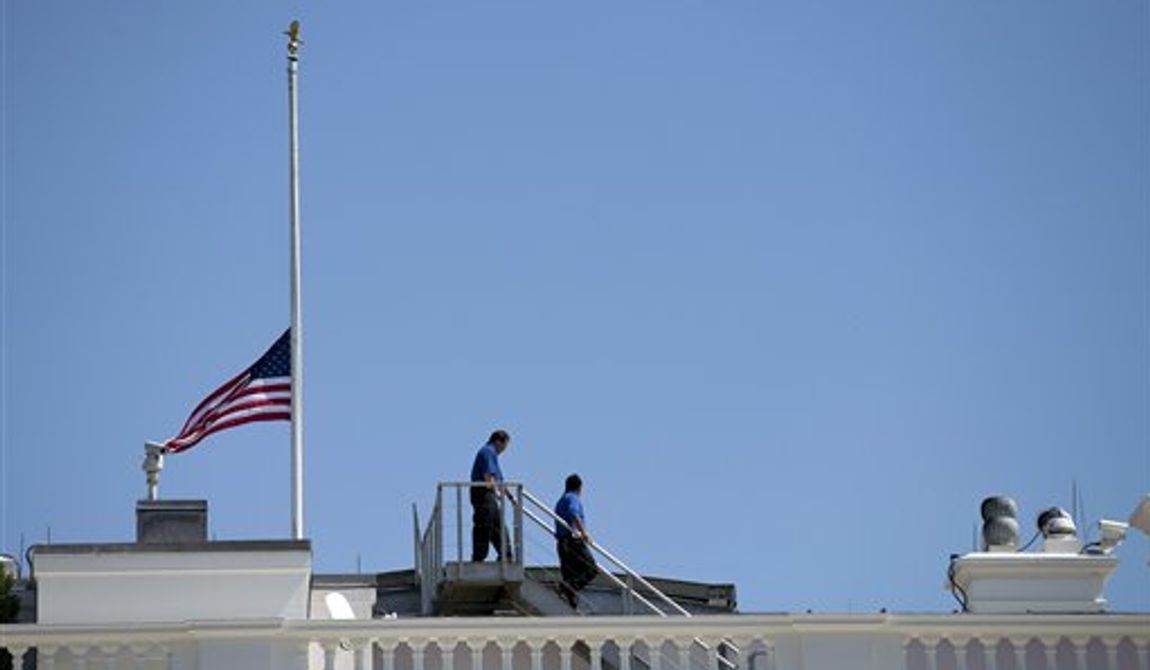
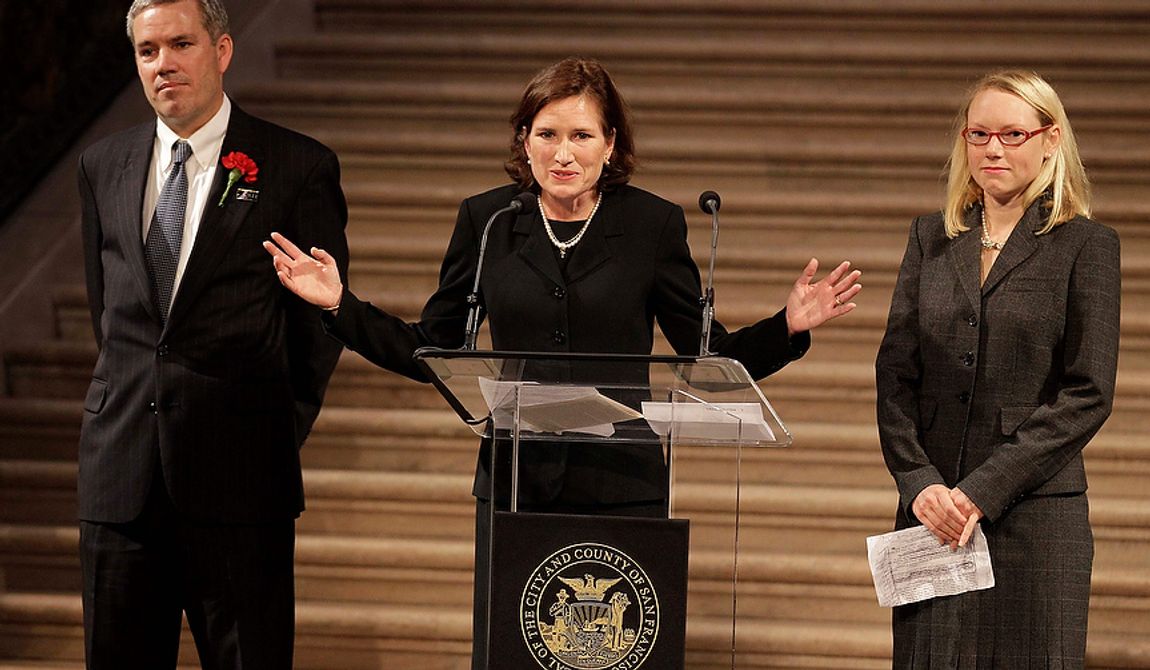
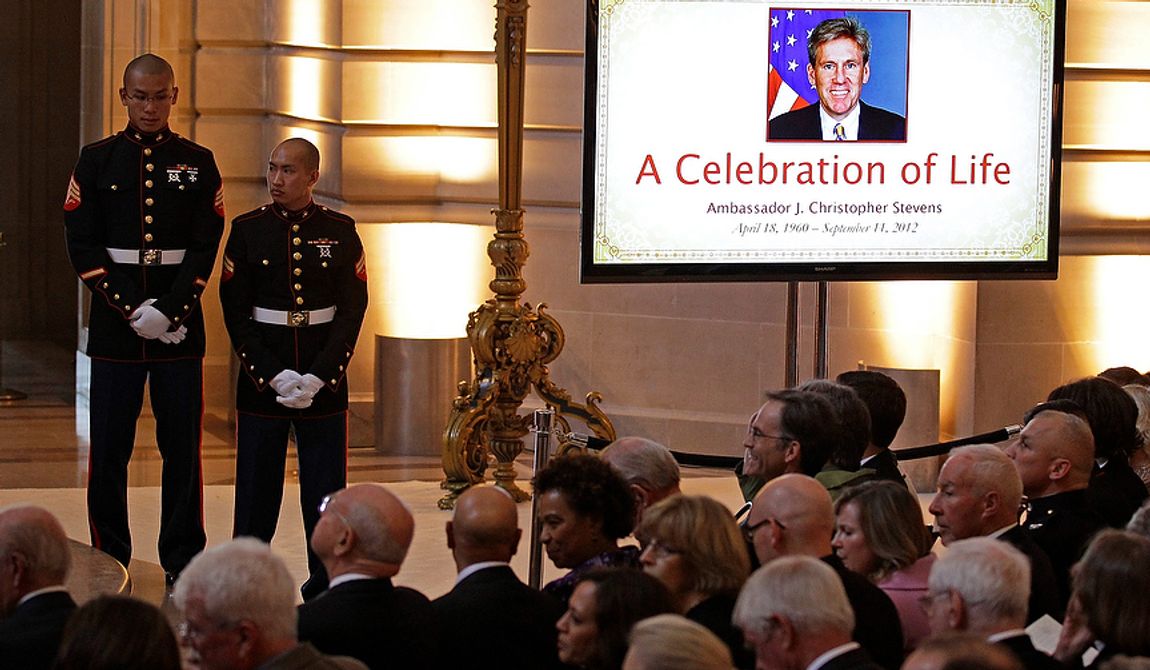

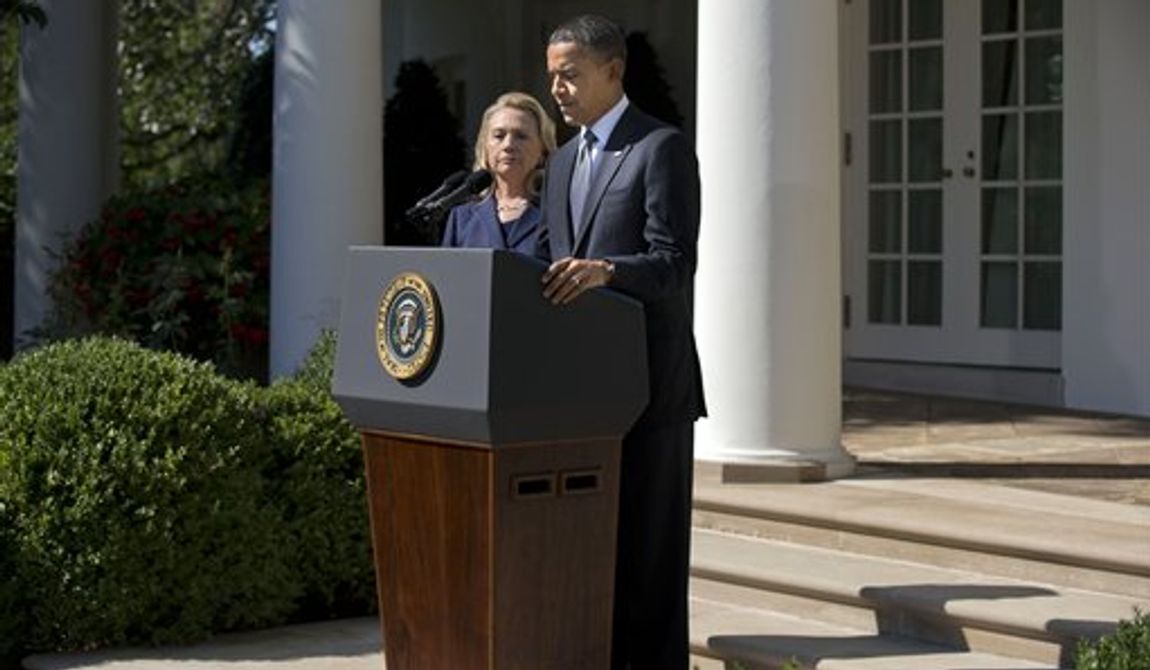
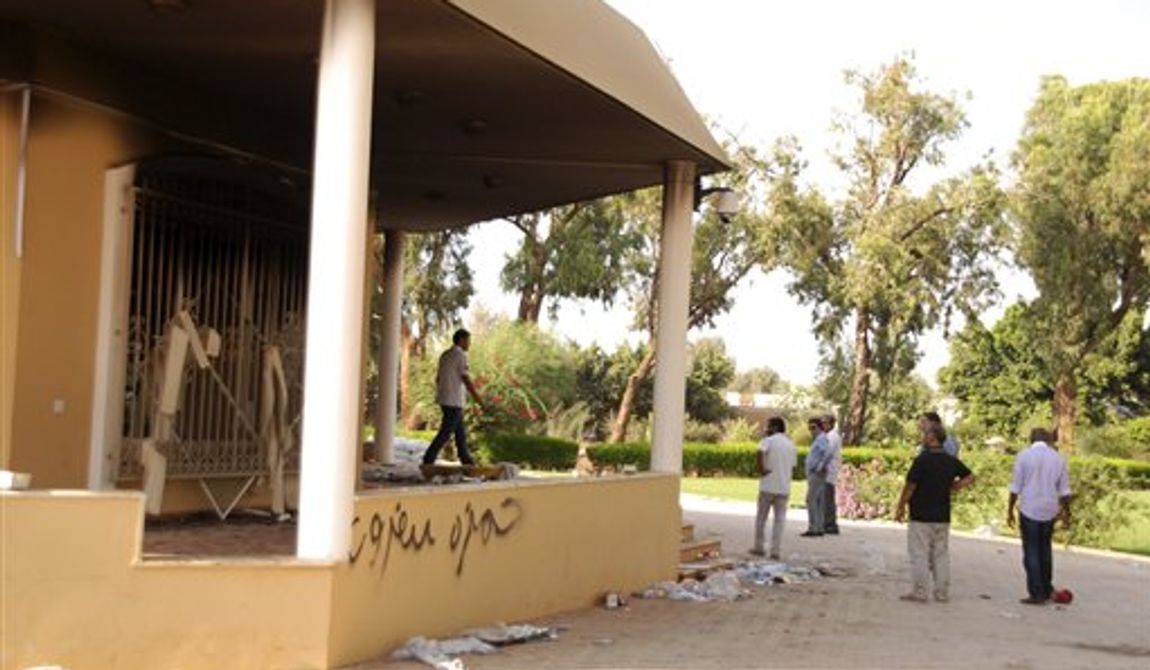
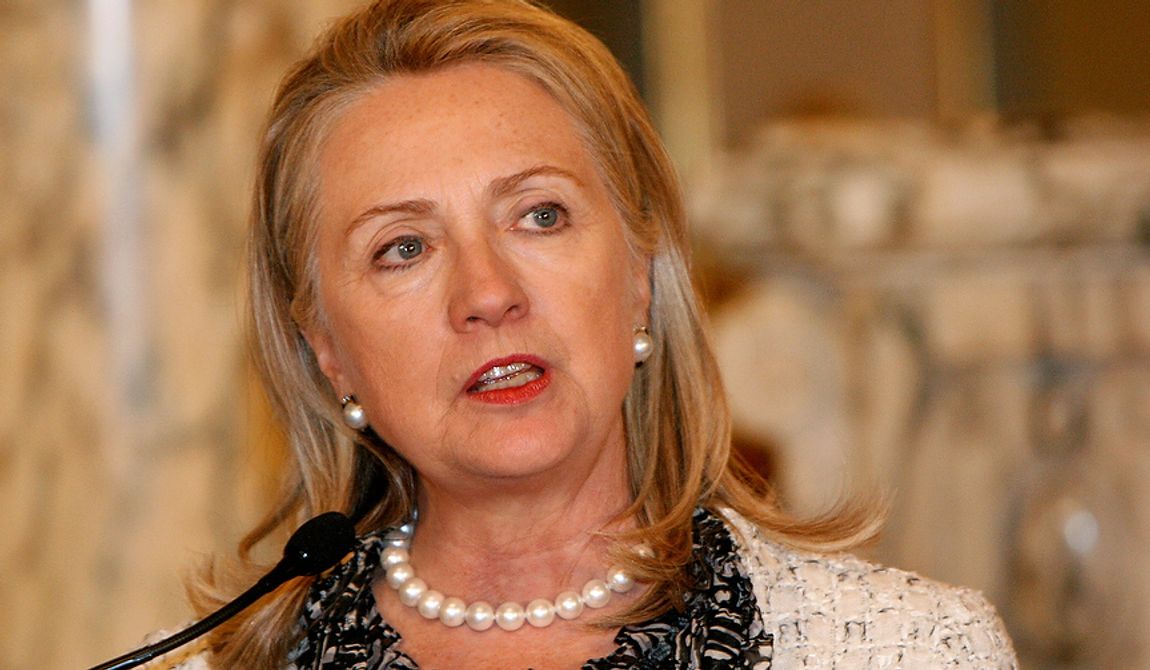
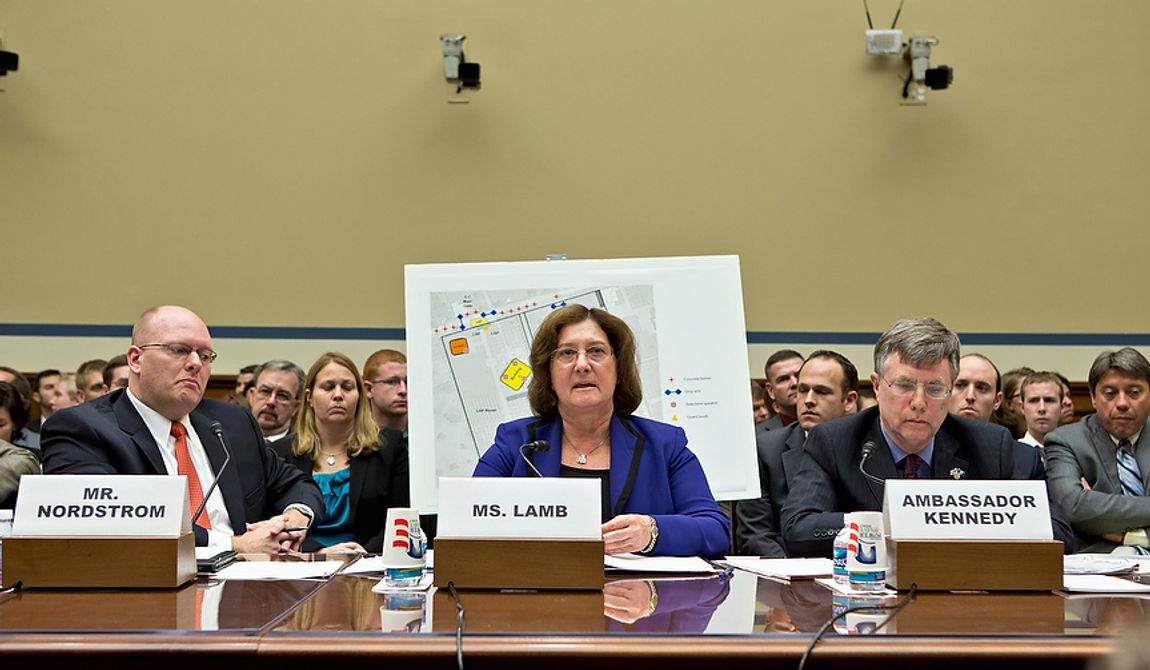
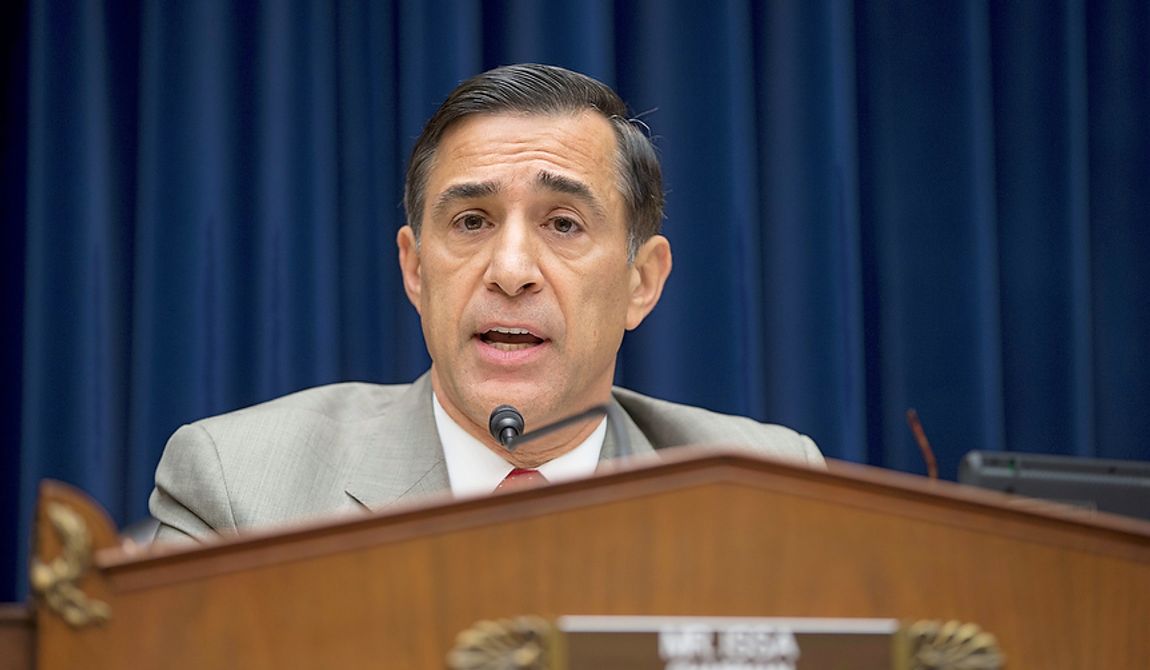
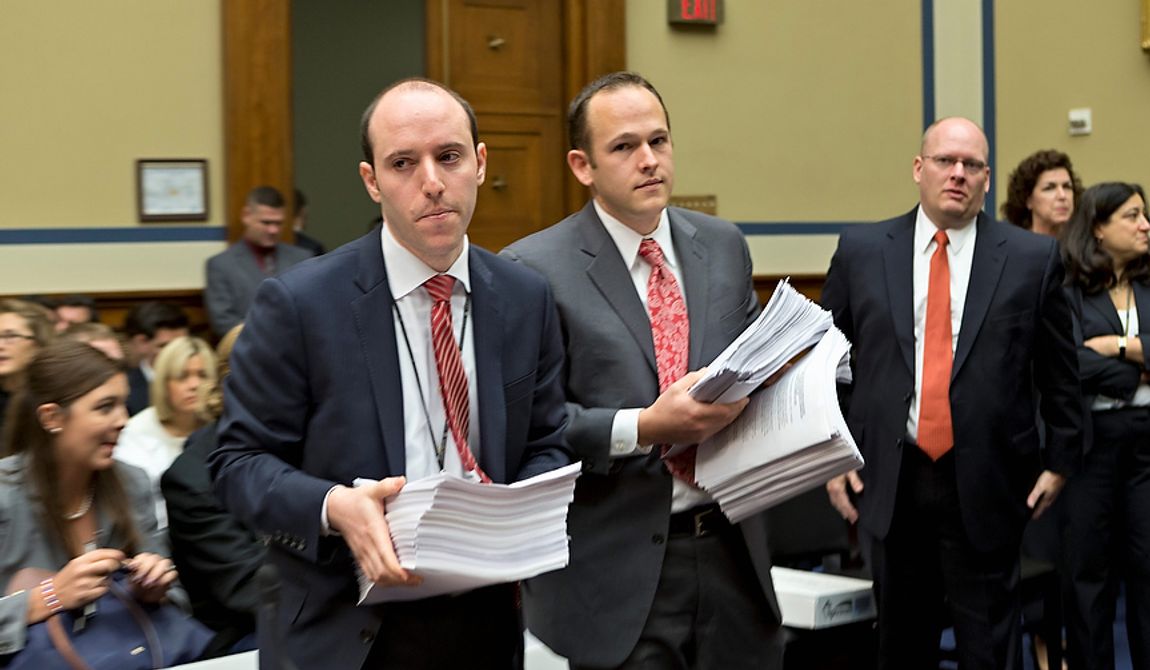
Please read our comment policy before commenting.